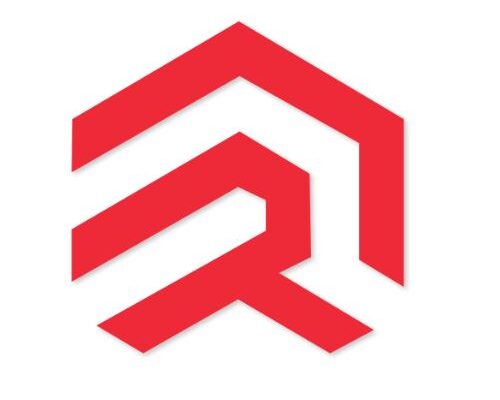
Startups are the driving force of innovation and economic growth. But for a startup to succeed, it needs the right tools and resources. In today’s digital age, one of the most important tools is custom software.
Custom Software Development for Startups is designed to meet the specific needs of a particular business. It can be used to automate tasks, improve efficiency, and create a unique user experience. For startups, custom software can be a game-changer.
Benefits of Custom Software Development for Startups:
- Meet specific needs: Off-the-shelf software may not be able to meet the unique needs of a startup. Custom software can be tailored to the specific requirements of the business, ensuring that it is a valuable asset.
- Improve efficiency: Custom software can automate tasks and processes, saving time and money. This can be especially beneficial for startups with limited resources.
- Create a competitive advantage: In a crowded market, it is important for startups to stand out from the competition. Custom software can help startups to create a unique user experience and gain a competitive edge.
- Scale with the business: As a startup grows, its needs will change. Custom software can be designed to scale with the business, ensuring that it remains a valuable asset.
Challenges of Custom Software Development for Startups:
- Cost: Custom software development can be expensive. Startups need to carefully consider the cost of development and weigh it against the potential benefits.
- Time: Developing custom software can take time. This can be a challenge for startups that need to get their product or service to market quickly.
- Expertise: Developing custom software requires expertise. Startups may need to hire developers or outsource the work to a software development company.
How to Succeed with Custom Software Development:
- Clearly define your needs: Before you start developing custom software, it is important to clearly define your needs. What are you trying to achieve with the software? What features are essential?
- Choose the right development team: If you are not experienced in software development, you will need to find a development team that is. Look for a team that has experience working with startups and understands the unique challenges they face.
- Set realistic expectations: Developing custom software is a complex process. It is important to set realistic expectations for what can be achieved within a given budget and timeframe.
- Be prepared to adapt: As you develop your custom software, you may need to adapt your plans and requirements. Be flexible and willing to make changes along the way.
Here is a general overview of the software development process for startups:
1. Ideation and Conceptualization
- Identify the problem you are solving and the target market.
- Define the core features and functionality of your software.
- Create a user story map to visualize the user flow.
2. Business Validation
- Conduct market research to validate your idea.
- Create a minimum viable product (MVP) to test with early adopters.
- Gather feedback from users and iterate on your product based on their input.
3. Design
- Develop a user interface that is intuitive and user-friendly.
- Design the backend architecture of your software.
- Create a detailed technical specification document.
4. Development
- Build the software using an agile development methodology.
- Break down the development process into sprints and set achievable goals for each sprint.
- Use continuous integration and continuous delivery (CI/CD) to automate the build, test, and deployment process.
5. Testing
- Conduct thorough testing to ensure that the software is bug-free.
- Use automated testing tools to test the functionality and performance of your software.
- Involve users in the testing process to get feedback on usability.
6. Implementation
- Deploy your software to production and monitor its performance.
- Make sure your software is secure and compliant with all relevant regulations.
- Provide ongoing support to your users.
7. Product Launch
- Develop a marketing strategy to promote your software.
- Generate excitement and interest among potential customers.
- Launch your software and start acquiring users.
8. Monetization
- Develop a pricing strategy that is sustainable and profitable.
- Experiment with different monetization models to find what works best.
- Optimize your sales funnel to convert leads into paying customers.
Best Practices for Startups
- Adopt an Agile Mindset: Be flexible and adaptable to change. Be willing to pivot based on user feedback and market conditions.
- Focus on User Value: Build software that solves real problems for your target users. Don’t add features that no one wants or needs.
- Start Small and Scale Up: Don’t try to build everything at once. Start with a Minimum Viable Product (MVP) and gradually add features over time.
- Automate as Much as Possible: Use automation tools to streamline the development process and free up time for more strategic work.
- Measure and Track Everything: Track key metrics such as user engagement, conversion rates, and churn. Use data to inform your decisions and iterate on your product.










